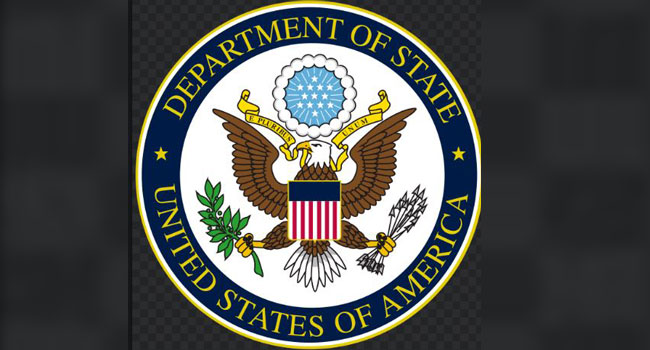In a significant development at the United Nations, the United States expressed deep reservations about a resolution advocating for a reduction in the international presence in Sudan.
While the U.S. voted in favor of the resolution to facilitate a safe drawdown of the mission, concerns were raised about potential repercussions for civilians in the region.
we are gravely concerned that a reduced international presence in Sudan will only serve to embolden the perpetrators of atrocities, with dire consequences for civilians. If anything, the work of UNITAMS is all the more critical considering the ongoing open conflict, atrocities, human rights violations and abuses, calamitous humanitarian situation for tens of millions of Sudanese, and a growing risk of spillover that threatens regional security and stability.
Acknowledging the efforts of the United Kingdom as the penholder in this matter, the U.S. delegation, Ambassador Robert Wood stressed the critical role of the United Nations Integrated Transition Assistance Mission in Sudan (UNITAMS) in light of the escalating conflict, atrocities, and humanitarian crisis in the country.
The U.S. stressed that a diminished international presence could embolden perpetrators of atrocities, emphasizing the ongoing open conflict, human rights violations, and a growing risk of regional instability.
As of October 2023, UN and international media reported more than 10,500 civilian deaths. In addition, according to OCHA, as of November 2023, more than 4.9 million individuals are internally displaced, and more than 1.2 million persons have fled the country since April 15.
The conflict has led to significant human rights abuses including credible reports of unlawful or arbitrary killings; abductions, physical abuse or punishment; harsh and life-threatening prison conditions; and arbitrary arrests or detentions. There are also reports of continued atrocities, including killings on the basis of ethnicity, targeted attacks on human rights defenders, and the looting and burning of entire communities by the RSF and its allied militias in West Darfur. The atrocities occurring in West Darfur and other areas are an ominous reminder of the horrific events that led the United States to determine in 2004 that genocide had been committed in Darfur.
Since the onset of the conflict between the Sudanese Armed Forces and the Rapid Support Forces, alarming reports of serious and widespread abuses have emerged.
As of October 2023, more than 10,500 civilian deaths have been reported, with over 4.9 million individuals internally displaced and 1.2 million fleeing the country.
The conflict has resulted in severe human rights abuses, including arbitrary killings, physical abuse, harsh prison conditions, and arbitrary arrests. Particularly troubling are reports of atrocities in West Darfur, reminiscent of events that led to the determination of genocide in Darfur in 2004.
The U.S. delegation lamented the failure of the Sudanese Armed Forces and Rapid Support Forces to protect vulnerable populations, citing pervasive gender-based violence against women and girls and human rights abuses against children.
The SAF and RSF are not only failing to protect Sudan’s vulnerable populations but are also abusing human rights. Women and girls face pervasive and ongoing gender-based violence, including sexual violence, abduction, and trafficking, and may be forced into manual labour or marriages. The belligerents, particularly the RSF, are involved in the vast majority of these violations. Children too have experienced the perpetration of human rights abuses, including sexual violence and abuse, killing and maiming, forcible recruitment, and unlawful use by armed groups.
During the resolution debate, the U.S. proposed extending the UNITAMS mandate and conducting a strategic review to strengthen its role in promoting conflict resolution, humanitarian response, and human rights protection. However, these recommendations faced opposition from some Council members.
Expressing disappointment, Wood emphasised the urgent need to prevent external military support for the Sudanese Armed Forces and Rapid Support Forces. Despite advocating for a UN mission with an enhanced mandate, the delegation welcomed the appointment of the Secretary-General’s Personal Envoy to Sudan, Ramtane Lamamra, hoping for Security Council support.
The U.S. stressed the necessity of an orderly transition and liquidation of UNITAMS to ensure the safety of UN personnel and the continued effectiveness of humanitarian and development assistance. The delegation urged the Security Council to prioritize the dire situation in Sudan, emphasizing the expectations and needs of the Sudanese people.
Ambassador Wood concluded by stating that the Sudanese people deserve more attention and support from the international community in light of the dire situation.



